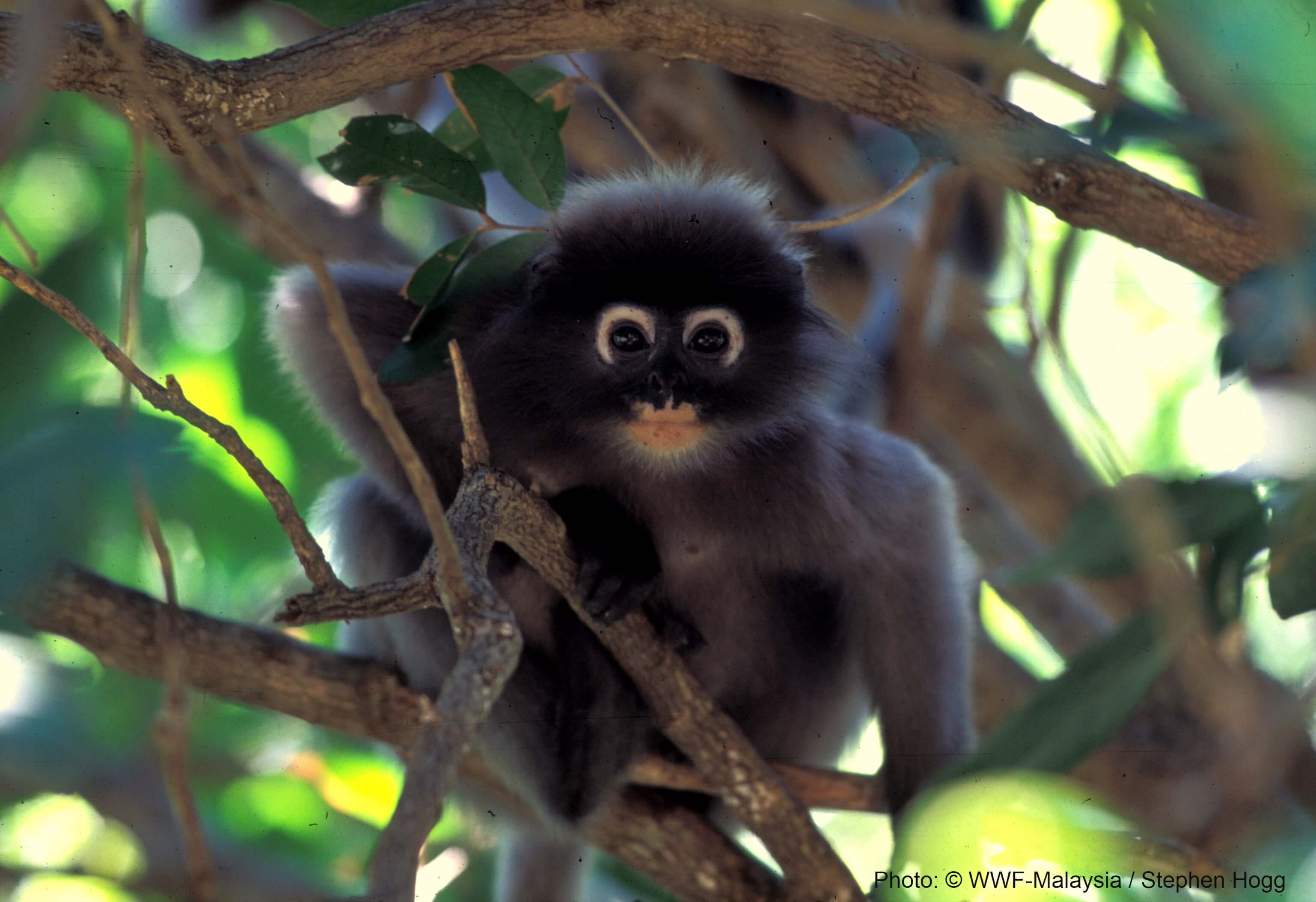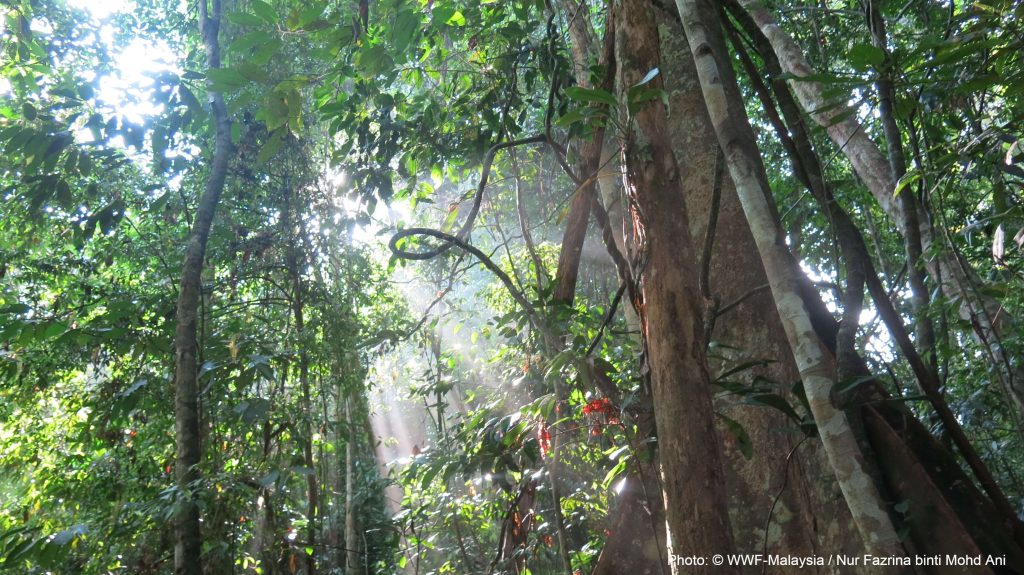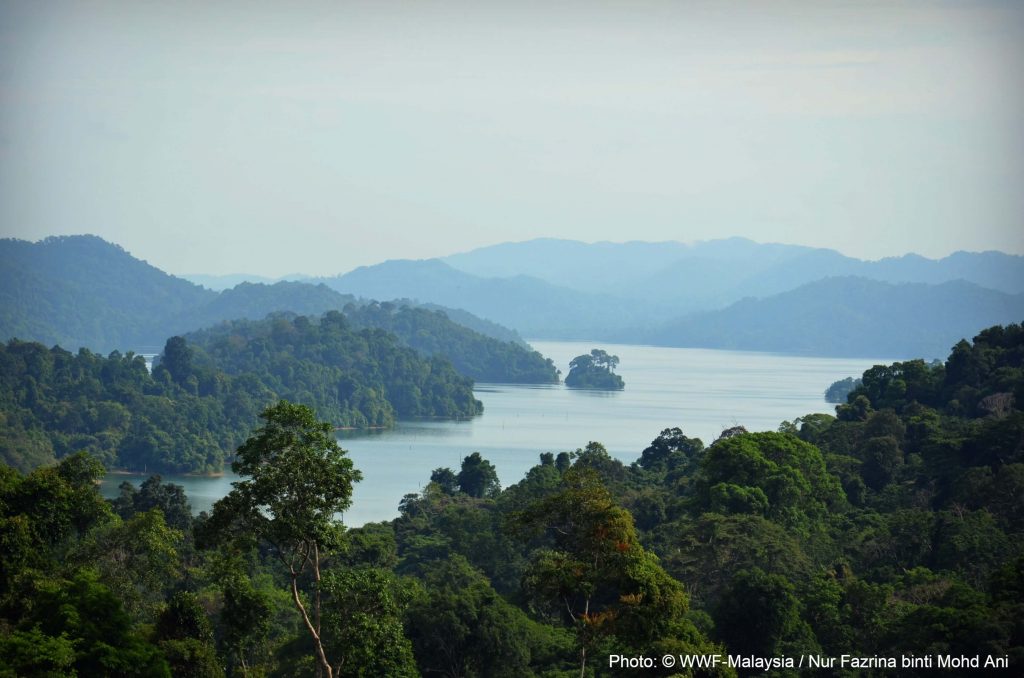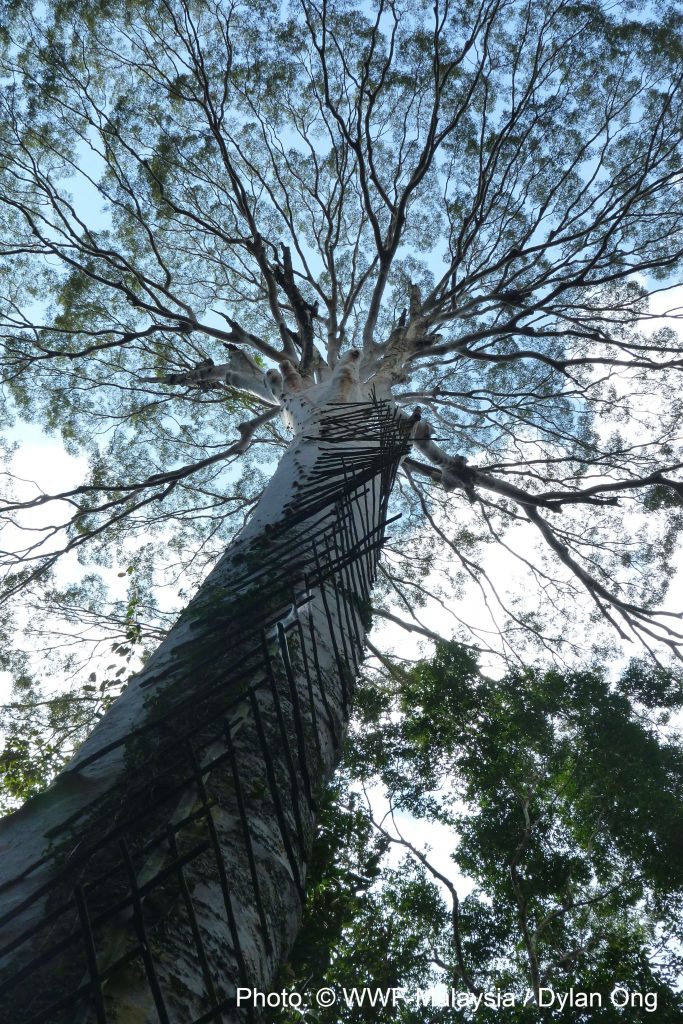WWF is the charity partner of Penang RendezVous 2019

Penang RendezVous is back to Straits Quay this year for its second edition and we’re happy to announce that WWF Malaysia as our charity partner this year.
Taking place on 11th to 13th October at Penang RendezVous 2019, guests are welcomed to join WWF Malaysia for a series of fun activities to learn more about the organisation’s works to protect Ulu Muda forest in the State of Kedah.
And during this 3-day weekend at Penang Rendezvous, you can visit the WWF booth to find out how you can also join us to support the cause!

Scroll down to find out more about WWF Malaysia’s Ulu Muda forest:
Ulu Muda forest is one of the last remaining contiguous tracts of forest that we have in Peninsular Malaysia today. It is about twice the size of Perlis (approximately 160,000 hectares of forested area).
Today, Ulu Muda forest is classified as a production forest reserve, which allows selective logging in certain areas. These logging activities, if not carried out sustainably will degrade the forest, creating a less suitable habitat for wildlife. It will increase the likelihood of poaching activities because logging roads provide easy access into the forest.
Besides, unsustainable logging activity can also increase sedimentation that affects the river quality in the forest and they may also jeopardize the forests function to provide ample supply of water in long term.
WWF-Malaysia is advocating for Ulu Muda forest to be reclassified as protection forest reserves (water catchment) under the National Forestry Act 1984 or as a state park.

The following are our ongoing forest conservation efforts:-
- Conduct biodiversity assessment
- Assess the biodiversity of Ulu Muda using camera traps
- Raise awareness
- Organise public exhibitions, seminars and dialogues with various stakeholders and the general public
- Develop a sustainable financing mechanism for UMFC
- This is to ensure that it is safeguarded for conservation of biodiversity, whilst benefitting the state and nation as a whole
- Conduct hydrological studies
- This is to understand the effects of land-use changes to the long term quality and quantity of water in Ulu Muda Forest Complex
- Conduct a cost-benefit analysis study (CBA)
- Focus on the provision of water from the Ulu Muda forest to create an economic case for the protection of Ulu Muda

Why? The protection of Ulu Muda forest is necessary because it plays the following crucial roles:
- A vital water catchment area
Ulu Muda forest is an important water catchment area for the Muda and Pedu dams. It supports the populations living in the northern region of Peninsular Malaysia with water for drinking, irrigation and also industrial use.
This magnificent forest provides 80% of all treated water to Penang folks. At full capacity, the reservoirs at Ulu Muda can hold a total volume of about 1.5 billion cubic metres of water at any one time which is equivalent to 593,600 Olympic size pools.
According to the 2013 Paddy Statistics, you may be amazed to know that Muda granary area that receives water from Ulu Muda forest supplies close to 40% of our nation’s rice production. This is why protecting the water supply to this rice bowl is important for our country’s food security.
- Rich in biodiversity
Ulu Muda forest is nature in all its untouched beauty and is an outstanding place for wildlife conservation. It is home to 7 out of the 10 species of primates found in Peninsular Malaysia, namely the White-handed gibbon, Agile gibbon, Dusky leaf monkey, Banded leaf monkey, Long-tailed macaque, Pig-tailed macaque and Slow loris.
Ulu Muda forest also shelters large mammals such as the Asian elephant and Gaur, Malayan tapir Malayan tiger all of which are endangered / vulnerable species listed in the International Union for the Conservation of Nature (IUCN) Red List of Threatened Species and are Totally Protected under Malaysia’s Wildlife Conservation Act 2010.
One of the most astounding trees that can be found in Ulu Muda forest is the Tualang tree. The Tualang tree is one of the tallest recorded rainforest tree in the world at 83.8 meters. It is best known for harbouring Giant honeybees hives whereby a single tree can support more than 80 hives measuring up to 2 metres each. It also has slippery surface bark that discourages sun bears from climbing up the tree to reach the combs of the bees.
- Numerous saltlicks can be found in Ulu Muda forest
A saltlick is any mineral spring or ground containing or bearing mineral, which is beneficial to the health of wild animals. It is akin to a ‘health-spa’ for herbivores, which require the essential minerals from saltlicks for their well-being.
Based on WWF-Malaysia’s camera traps, some of the animals that are known to visit saltlicks are the Asian elephant, the Malayan tapir, Sambar deer, Barking deer and Wild boar. Care should be taken not to disturb its surroundings because any damage to the saltlicks would make it unsuitable or unattractive for wildlife to visit. This is because the wildlife is sensitive to human presence in the area.
Various ongoing human activities such as unsustainable logging and poaching that are threatening this wondrous green lung of Malaysia.
- Unsustainable logging
Unsustainable logging practices increases the run-off of sediments into Ulu Muda’s lakes and rivers, affecting water quality and disrupting the forest’s ability to absorb and retain water. This in turn could lead to increased frequency and severity of floods and even droughts. The livelihood of 340,000 people or 55,130 farmer families who are dependent on water from Ulu Muda will also be affected.
Unsustainable logging practices could degrade the wildlife habitat, resulting in loss of shelter, loss of food sources and may even disrupt the migratory routes of birds. The number of human wildlife conflicts and incidences of road-kills could also rise as animals may be forced to enter into human settlements in search of food.
- Poaching
Through our previous camera trapping work, we have identified signs of poaching within Ulu Muda. Since saltlicks are frequently visited by wildlife, they are unfortunately targeted by poachers.
WWF Malaysia will be hosting the activities below at Penang RendezVous 2019:
- Children colouring session
- Quiz wheel, spin to win prizes from WWF Malaysia
- Fundraising activity
Visit www.wwf.org.my to find out more.


Leave a comment